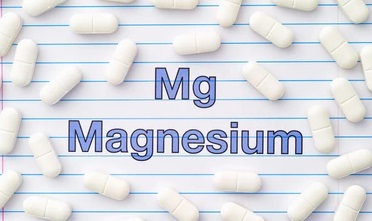Magnesium is praised by experts as a regulator of hundreds of biochemical processes in the body that contribute to the production of serotonin and control a host of critical processes such as stress hormones, sleep quality, hydration, and muscular growth and recovery.
Magnesium does, in a nutshell, just relax things, according to Totoro. “Muscles must be relaxed. Because it does help to relax the brain, we frequently advise clients to take their medication before night.”
According to Practioner, a nutritional psychiatrist with Harvard training, a professional chef, a nutritional biologist, and the author of “This is Your Brain on Food,” magnesium deficiency has been related to depression, decreased dopamine levels, anxiety, ADHD, exhaustion, and poor libido.
Totoro has dealt with athletes who complained of what they thought were cramping muscles and whose magnesium levels were later confirmed to be low. Magnesium pills allowed them to feel better.
Though she advises a “food-first approach when it comes to getting essential vitamins, minerals, and nutrients,” meaning those looking to increase their magnesium intakes should think about changing their diets before they spend money on supplements, Expert says that optimising your magnesium status is an important piece if you are seeking dietary strategies to improve your mental health, resilience, and sleep quality.
The best course of action is to proceed with caution if adding a new supplement to your regimen. Experts advises seeking medical advice on a red blood cell magnesium test to identify any deficits and adhering to the prescribed dosage to prevent more severe side effects.
Experts suggests receiving magnesium through diet first because higher-dose magnesium supplements may cause some unfavourable gastrointestinal side effects. Kidneys will naturally remove excess magnesium from meals.
